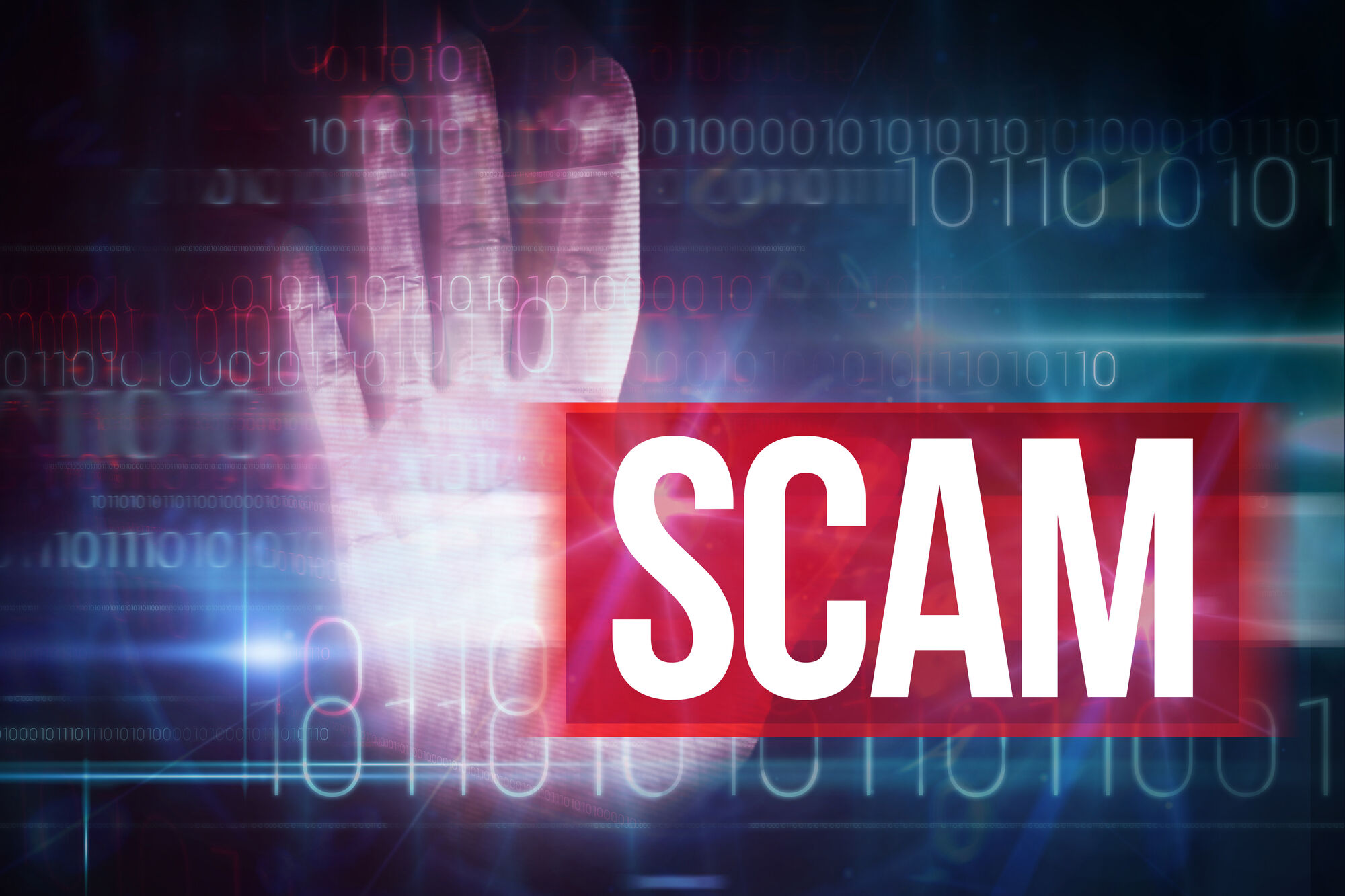In general, the Internet can be a wonderful place to spend time in. But like every neighborhood in any part of the world, it has its fair share of shady characters looking to take advantage of you and spoil the fun.
These characters include the online scammers and other unsavory characters looking to make a quick, and undeserved, buck from you, and sometimes your best and only defense against them is knowledge.
There are several companies out there, however one of them is called “Web Host Agents” and they request urgent payment in order to keep your business’ website from being taken down.
Unfortunately, there are scammers who try to take advantage of business owners who are simply trying to better assist their customers and communities and pay their bills in a timely manner.
Please think twice before paying an unfamiliar invoice. If you have any doubts that an invoice is legitimate, don't provide payment or personal information. And please feel free to reach out to Eternity directly if you have any questions.
Read the Fine Print
Always make it a point to read the fine print of any invoice you receive. This is important, because these fake invoice scams always come with disclaimer that says that “you are under no obligation to pay the amounts stated herein”.
However, many businesses miss this due to the fact that the invoice serves an amount due including a response date which work together to give the impression that one must make the payment or else.
Shady Solicitation
These shady tactics are not solely targeted at getting you to pay for fake invoices, though. And “Web Host Agents” are not the only culprits you should be on the lookout for. According to the Better Business Bureau, a company by name “Main Street Web Pros LLC” has a history of advertising its business by sending out mailers that appear to be invoices on the surface but which are actually solicitations.
Below is an example of what one of the fake invoices may look like:

How to Spot Fake Invoices and Save Yourself From a World of Stress
- It comes from an unfamiliar organization or business.
- The language used pressurizes you to make payments quickly or face consequences. Phrases like “web outages” or “the loss of your online identity” are frequently used as threats for not paying urgently.
- The amount of money the invoice asks you to pay is usually a far different number than what you are used to. Either significantly higher or lower than usual
- Generally, silence is a scammer’s best weapon. If you suspect you have been a victim of scammers in the past, you can and should report to the authorities as well as provide as much information as possible about what happened.


